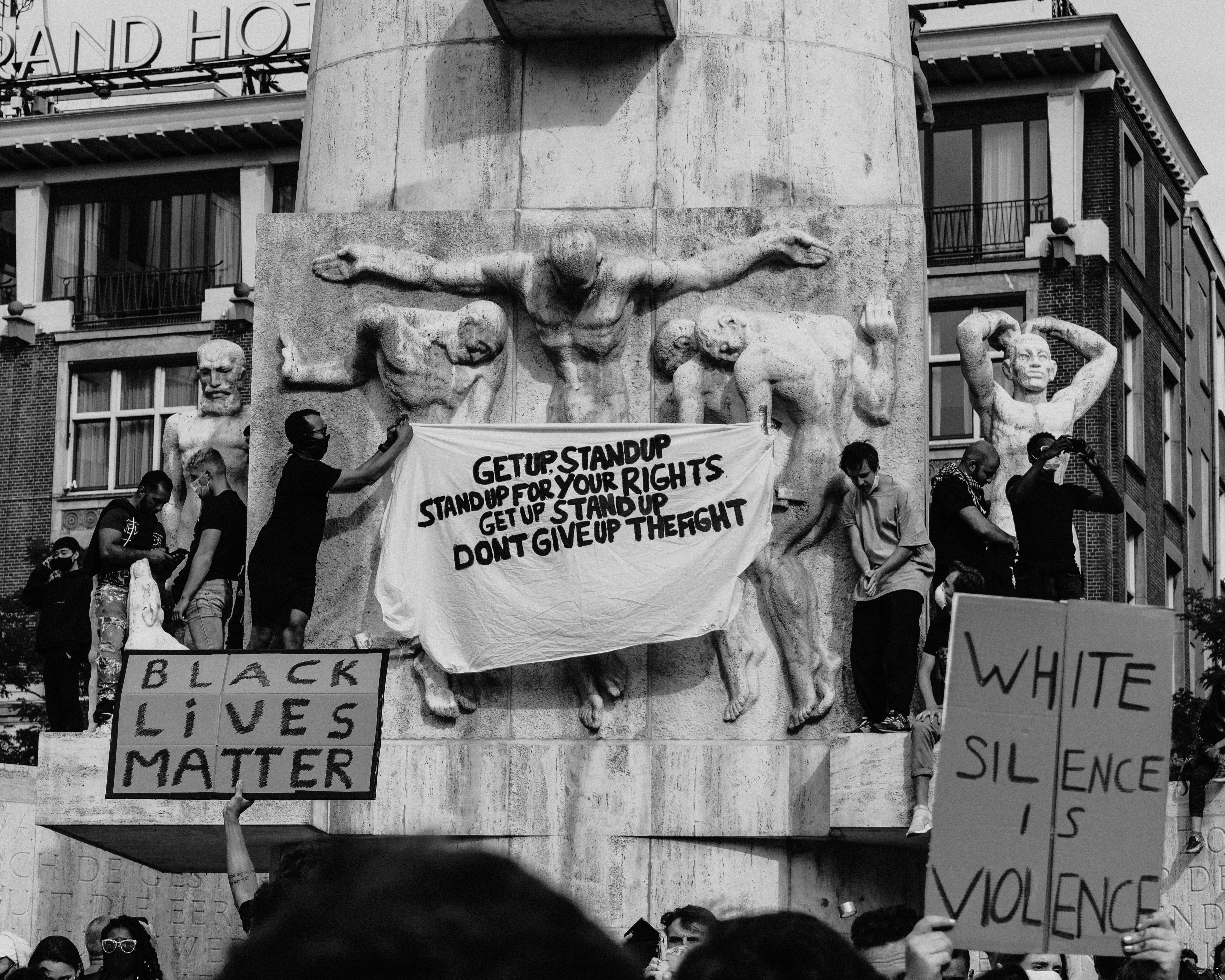The Enlightenment was both a state and a movement of the mind. The term represents a stage in the intellectual heritage of Europe, it also serves to explain programs of change where important writers, inspired by the same faith in the possibility of a much better world, outlined particular objectives for proposals and criticisms for action.
The specific meaning of the Enlightenment is based on its combination of pragmatism and principle. Consequently, however, it generates controversies about its achievements and character and two main issues related to each, two schools of thought can be identified. Was the Enlightenment the sustenance of an elite, centered in Paris, or perhaps a broad current of opinion that philosophies, to some extent, represented and also directed? Was it primarily a French campaign, which therefore had a certain coherence, or even a global phenomenon, with as many facets as countries affected? Although most contemporary interpreters lean towards the latter point of view in both cases, there is still a situation for the French emphasis only, due to the wizard of a selection of philosophies and their associates.
Unlike any other terminology used by historians to describe a phenomenon that they obtain much more clearly than their contemporaries, it was used and appreciated by people who considered with the force of mind to free and improve. Bernard de Fontenelle, a popularizer of the scientific advances that contributed to the climate of trust, wrote in 1702 anticipating “a century that will become much more enlightened day by day, so that all previous centuries will be lost in obscurity in comparison.” Reviewing the adventure in 1784, Immanuel Kant saw that emancipation from ignorance and superstition had been the vital attribute of the Enlightenment.
Before Kant’s demise, the spirit of the “ enlightened age ” was definitely scorned by romantic idealists, reliance on him in the masculine sense of what was good and right mocked by revolutionary terror and dictatorship, and his rationalism denounced as complacent or perhaps downright inhuman. Even his achievements had been critically threatened by the militant nationalism of the 19th century. However, much of the tenor of the Enlightenment endured in the liberalism, tolerance, and respect for the law that have persisted in European culture. Therefore, there was generally no abrupt end or perhaps a reversal of the illustrated values.
Propaganda and perceptions of philosophies have led historians to find the Age of Reason within the 18th century or perhaps, more appropriately, between the two revolutions, the English of 1688 and the French of 1789, but in its conception it should Being dates back to the humanism of the Renaissance, which encouraged academic curiosity for classical texts and values. It was created by the complementary techniques of the Scientific Revolution, logic and also empirical. His adolescence is owned by the 2 years before and after 1700, when authors like Jonathan Swift had been employing “the artillery of words” to astonish the secular intelligentsia produced by the development of affluence, literacy, and position. Ideas and values have been tested anywhere in research and reason can challenge conventional authority.
